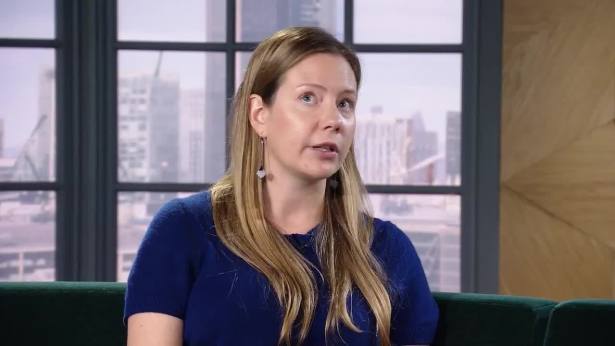
The Covid-19 crisis is a stark reminder that having a diverse range of income producing assets is key rather just relying on a limited number of assets, according to Adrian Lowcock head of personal investing at Willis Owen.
It has also flagged up just how many dividends were at risk, while the drop in bond and cash yields mean income investors are forced to take more risk.
Mr Lowcock says although the fall out from the crisis does not necessarily change the defensive income portfolio approach it highlights the importance of diversifying the income stream.
“And why even though yields were high, having all your income in equities is risky,” he adds.
“The most likely impact is investors reducing their exposure to UK equity income, which has always been too concentrated and has suffered because of that – with the likes of Shell cutting its dividend.
“I would expect investors to take a more diversified global approach which might reduce yield but also reduce risk and volatility of income and capital.”
Looking for balance
Mike Coop, head of multi-asset portfolio management at Morningstar Investment Management Europe says striking the right balance between capital preservation, income growth and yield is key.
He adds: “The 'original sin' of income strategies is over-reaching for yield and ending up taking excessive risk.
"To [strike the right balance] requires; global research to identify the widest possible range of assets, long term valuation to assess scope for sustainable yield, growth and risk and stress testing across a wide range of economic scenarios including deep recession and rising inflation rates.”
The crisis has clearly shown that anything can happen to disrupt even the most solid dividends.
This is why Mr Lowock says investors should not only make sure the income generated is stable, secure and repeatable, but in a defensive income portfolio inflation risk should be considered.
He adds: “While you can never protect the income 100 per cent, the better quality of the dividends, the lower the risk of disruption.
“Inflation is falling at present but might well materialise down the line. Therefore it is a risk you need to consider.
This, he says, should be done through a number of assets such as inflation-linked bonds – which give a low yield, or infrastructure funds and real asset which offer a combination of inflation protection along with exposure to less volatile assets.
“Even a defensive fund could have exposure to mid and smaller companies which produce an income. In the UK these held up well as they didn’t have exposure to the oil majors.
"It’s not the riskiness of the asset class itself but the size of the exposure and how it slots into the portfolio which matters most,” Mr Lowcock adds.







